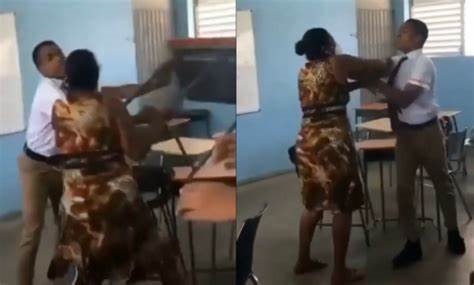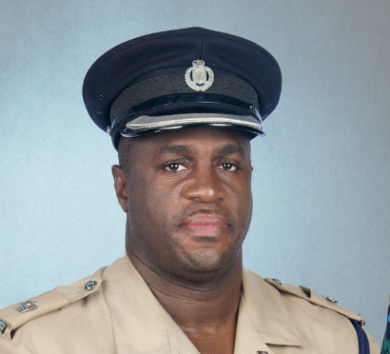

In light of the recent flare up of violence in schools across the country, the Ministry of Education has sought to reduce the growing issue through the use of Cognitive Behavioural Therapy (CBT).
Students from the Denham Town and Tivoli Gardens High schools in Kingston are engaged in weekly therapy (CBT) as part of a pilot programme by the Ministry to rid schools of violence and violent behaviours.
The two schools are the first of nine that are targeted islandwide for the intervention, which is aimed at testing the use of CBT as a tool to reduce violence among the youth.
CBT is a type of therapy that helps young people to identify and change the destructive or disturbing thought patterns that have a negative influence on their behaviour and emotions.

Using CBT as a tool allows students to benefit from meditative therapy sessions, which are useful for treating anxiety, depression and anger management.
Acting Director of Safety and Security in Schools, Richard Troupe, said “15 medium to high-risk students” are engaged during scheduled times determined by the school.
“The parents of the children are very enthused about their participation because these are children that can be separated in the context of their displayed behaviour, and it is evident from the part of the school that there is a commitment to work and support them,” he said.
Troupe was speaking at the United States Agency for International Development (USAID) FHI360 Local Partner Development Closeout Ceremony for its six-year project on implementing sustaining crime-prevention methodologies, held at the Terra Nova All-Suite Hotel in Kingston on Wednesday (March 29).

Troupe explained that the schools were chosen based on major behavioural issues reported, as well as their proximity to the communities declared under the Zones of Special Operations (ZOSOs).
In June of last year, a video, showing a student and teacher at the Tivoli Gardens High school in a physical altercation, was widely circulated on social media which resulted in immediate calls from different stakeholders to curb violence in schools.
Deans of discipline and guidance counsellors from the nine high schools were engaged in a residential training course over four days to deliver the programme.
“Cognitive Behavioural Therapy is guided by a comprehensive curriculum, and so there is fidelity in content and the process. It requires a particular kind of approach, and so they are excited,” Troupe said.
“Upfront, we cannot do this alone and that’s why we value partnership… with civil-society organisations and development partners to really support our efforts.”
Acting Director of Safety and Security in Schools, Richard Troupe
He also said that the results of the pilot will determine how the Ministry “moves beyond this point” in implementing violence-prevention initiatives.
The anticipation from the Ministry, he said, is that the pilot will do well because the educators exposed to the training are committed.
Troupe further noted the importance of partnership to assist schools with violence-prevention initiatives.
“Upfront, we cannot do this alone and that’s why we value partnership… with civil-society organisations and development partners to really support our efforts,” he said.
Conversations are also under way for the USAID to support four of the nine schools benefiting from the CBT pilot under its Positive Pathways initiative.







Comments